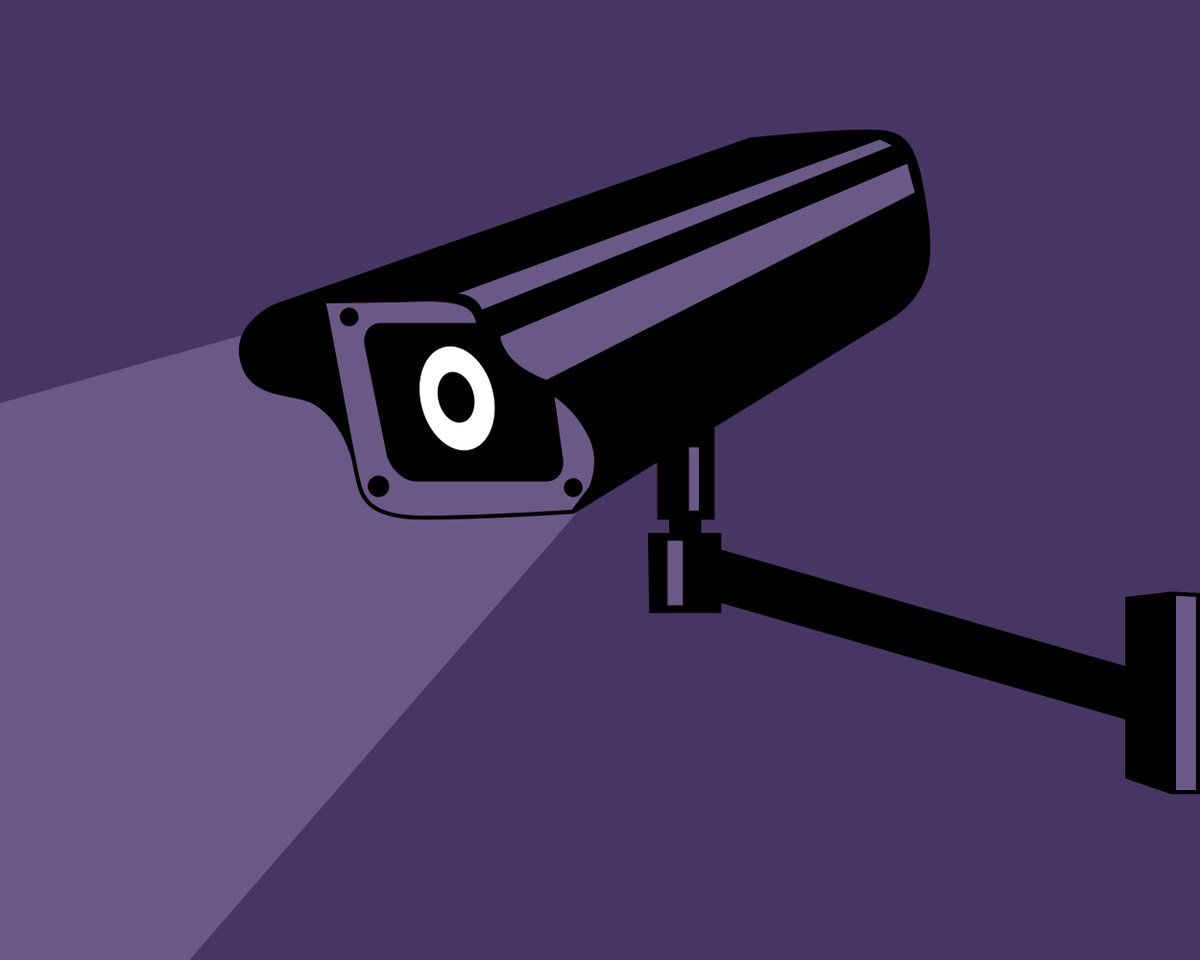CILD joins civil society coalition’s call for stronger EU export controls
Earlier today, CILD, together with Access Now, Amnesty International, Bahrain Center for Human Rights, Digitale Gesellschaft, Elektronisk Forpost Norge (EFN), Foundation for Information Policy Research, International Federation for Human Rights, Privacy International, and Reporters Without Borders released a shared statement calling for strong human rights safeguards and clear security research exemptions as the EU updates its dual-use regulation.
The NGOs welcome the proposal of the European Commission to update controls on the export of dual-use items presented in September 2016, but highlight the need to stay on message as the proposal moves through the European Parliament and later into the trialogues.
“The existing EU framework has failed to protect countless activists, human rights defenders, journalists, and regular users from the detrimental impact of cyber-surveillance technology,”
said Lucie Krahulcova, EU Policy Associate at Access Now. “The Commission’s effort to bring attention to the impact of this technology on freedom of expression and privacy is laudable and should be broadly supported throughout the EU institutions.”
While the organisations applaud the steps taken to strengthen the current EU regime, they argue for that four key components must be improved if the regulation is to make a meaningful impact;
- Human rights protections must be strengthened and have definitive impact,
- All relevant surveillance technology must be covered,
- Greater transparency and reporting is needed,
- Security research and security tools must be protected.
Notably, the organisations explicitly call for cryptography items to be removed from the list, and for no new items to be added where their inclusion undermines security research, such as forensics tools. In the statement they argue that encryption is essential in supporting the safety and security of users, companies, and governments everywhere by strengthening the integrity of communications and systems.
With heightened media attention, there has been an increasing awareness regarding the controversial trade of cyber-surveillance technology in and out of Europe. MEP Marietje Schaake has previously said, “We are talking about a very grey, intransparent and dark industry.” This assertion has recently been supported by the ongoing in-depth investigation by De Correspondent entitled Security for Sale, and the Al Jazeera investigation Spy Merchants: What is electronic surveillance?
“There is no debate about necessity here. EU member states have a responsibility under the UN Guiding Principles on Business and Human Rights to legislate in order to ascertain that business enterprises operate in a manner consistent with the state’s human rights obligations,” added Krahulcova.





